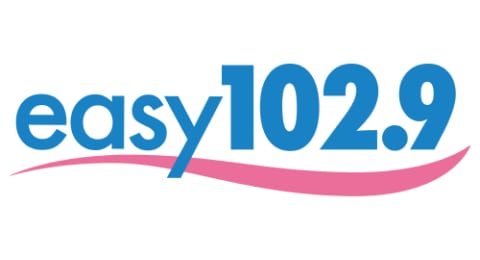WASHINGTON — The House on Wednesday passed a spending package to reopen the government, and President Donald Trump signed the bill hours later to end the longest shutdown in U.S. history.
The vote was 222-209, mostly along party lines. Two Republicans – Thomas Massie of Kentucky and Greg Steube of Florida — voted against the measure. Six Democrats voted with the Republican majority to pass the bill — Reps. Adam Gray of California, Marie Gluesenkamp Perez of Washington, Jared Golden of Maine, Henry Cuellar of Texas, Tom Suozzi of New York and Don Davis of North Carolina.
The legislation will end the 43-day shutdown and keep the government open until Jan. 30, 2026.
“The country has never been in better shape. We went through this short-term disaster with the Democrats because they thought it would be good politically,” Trump said as he affixed his signature to the legislation at 10:24 p.m. ET in an Oval Office ceremony. “It’s an honor now to sign this incredible bill and get our country working again.”
President Trump reopens government: "The country has never been in better shape. We went through this short-term disaster with the Democrats because they thought it would be good politically. It's an honor now to sign this incredible bill and get our country working again." pic.twitter.com/eINpEHShJh
— CSPAN (@cspan) November 13, 2025
“This is no way to run a country. I just want to tell the American people, you should not forget this.”
The funding bill passed in the Senate on Monday. Eight members of the Democratic caucus joined the Republicans to approve the bill by a 60-40 margin. One Republican, Rand Paul of Kentucky, opposed it.
Speaker Mike Johnson had kept the House out of session since Sept. 19 but called lawmakers back to Washington once the Senate passed the bill.
“History reminds us that shutdowns never change the outcome, only the cost paid by the American people,” said Rep. Tom Cole, R-Okla., the chairman of the Appropriations Committee. “Over the last 43 days, the facts did not shift, the votes required did not shift and the path forward did not change.”
“We feel very relieved tonight. The Democrat shutdown is finally over,” Johnson told reporters after the vote. “All this was utterly pointless and foolish. This outcome was totally foreseeable.
“They got nothing for their selfish political stunt.”
#BREAKING: U.S. House votes to end government shutdown, 222-209.
— CSPAN (@cspan) November 13, 2025
Goes now to the president. pic.twitter.com/LPySa48qUZ
House Minority Leader Hakeem Jeffries of New York vowed that “the fight is not over,” before the vote was taken.
“We’re just getting started. We’ll fight today. We’ll fight tomorrow,” he said. “We’ll fight until we win this battle for the American people.”
In addition to funding the government through the end of January, the bill also contains three separate spending bills that would cover programs related to veterans, agriculture, military construction and legislative agencies for most of 2026, The New York Times reported.
There is also a provision that would ensure back pay for federal workers who were furloughed during the shutdown, according to the newspaper.
During the shutdown, 650,000 federal workers were furloughed and 600,000 more have been working without pay, the The Washington Post reported.
The bill will also fund the Supplemental Nutrition Assistance Program (SNAP), through September 2026.
Gluesenkamp Perez said in a statement that she voted for the bill because “the fight to stop runaway health insurance premiums won’t be won by holding hungry Americans hostage.”
“None of my friends who rely on SNAP would want to trade their dinner for an ambiguous D.C. beltway ‘messaging victory’ and I’m glad this ugly scene is in the rearview mirror,” she said.
Federal paychecks will begin going out on Saturday, according to the newspaper, citing an administration official who spoke on the condition of anonymity.
The measure will also end flight delays that have clogged airports nationwide, since Transportation Security Administration employees have been working without pay. Offices serving farm loans and other federal benefits will reopen, along with national parks.
The compromise that enabled the Senate to pass the measure included a promise from Senate Majority Leader John Thune to bring health care subsidies to a mid-December vote in Congress’ upper chamber. It was unclear, however, whether Johnson would bring such a bill to the House floor.
The Affordable Care Act subsidies are set to expire at the end of this year. Asked if he would guarantee a vote to extend the subsidies, Johnson said that “the Republicans would demand a lot of reforms before anything like that was ever possible.”
© 2025 Cox Media Group


